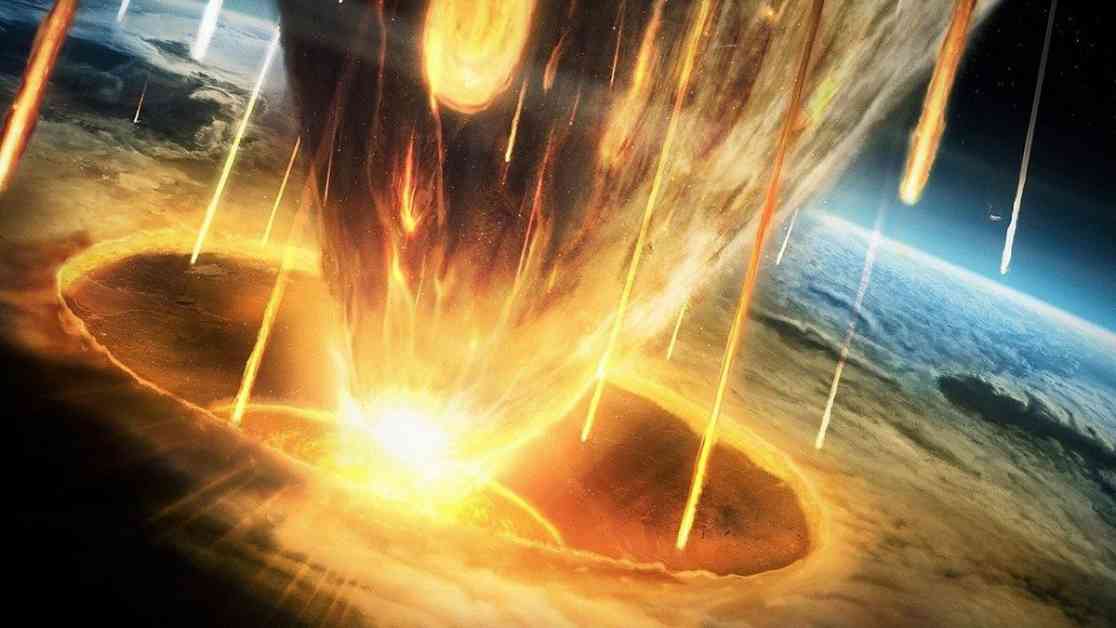Mass Extinctions: Catalyst for Stronger Life Resilience
The Gaia hypothesis, introduced in the 1970s by James Lovelock and Lynn Margulis, suggests that Earth functions like a self-sustaining organism. However, some experts argue that large disruptions, such as climate change, may hinder progress and even suggest that life is self-destructive. A new study published in Monthly Notices of the Royal Astronomical Society challenges this notion.
Researchers used computer modeling experiments to show that large-scale perturbations can actually increase the complexity of Gaian systems. This complexity, measured by the number of connections in a network of species, is crucial for the resilience and evolution of life. The findings may have implications for the search for extraterrestrial life beyond Earth.
The study simulated perturbations to modeled worlds by reducing their carrying capacity temporarily. While some systems experienced complete extinction, those where life persisted showed higher diversity and abundance over thousands of generations. This suggests that disruptions can lead to the emergence of new, more complex ecosystems.
The authors emphasize that the model is abstract and does not capture all the nuances of biological life. However, it provides insights into the general principles that govern living systems. The results challenge the idea that life is inherently self-destructive, showing that stability can emerge from large-scale perturbations over time.
The research could help scientists identify planets with the potential to host life by looking for signs of past perturbations. Planets near the edges of the habitable zone or those that have experienced orbital shifts or asteroid impacts may be more likely to support complex life. While more research is needed to apply these findings to exoplanets, the study offers a new perspective on the relationship between disruptions and the evolution of life.
Grace, a journalist specializing in climate, agriculture, and wildlife, has covered a wide range of environmental topics for various publications. With a background in biology and anthropology, she is passionate about exploring the connections between research, culture, and the natural world. Grace’s work at Eos focuses on stories that highlight the intricate balance between humans, animals, and their environment.










